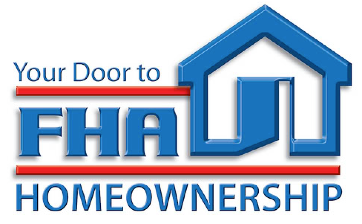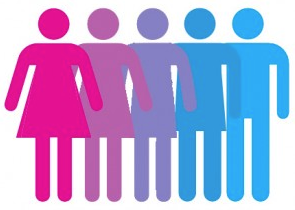 The United States Equal Employment Opportunity Commission (“EEOC”) recently created a new webpage with helpful practical information to guide employers and employees about employment discrimination based on sexual orientation and gender identity. This new webpage provides additional clarity about sexual orientation and gender identity protections based on the 2020 Supreme Court decision in Bostock v. Clayton County (decided on Jun. 15, 2020). In Bostock, the Supreme Court held that those firing individuals because of their sexual orientation or transgender status violated Title VII’s prohibition on discrimination because of sex. Title VII is part of the Civil Rights Act of 1964, a national law that prohibits employment discrimination based on protected classes of people such as race, color, religion, sex, and national origin.
The United States Equal Employment Opportunity Commission (“EEOC”) recently created a new webpage with helpful practical information to guide employers and employees about employment discrimination based on sexual orientation and gender identity. This new webpage provides additional clarity about sexual orientation and gender identity protections based on the 2020 Supreme Court decision in Bostock v. Clayton County (decided on Jun. 15, 2020). In Bostock, the Supreme Court held that those firing individuals because of their sexual orientation or transgender status violated Title VII’s prohibition on discrimination because of sex. Title VII is part of the Civil Rights Act of 1964, a national law that prohibits employment discrimination based on protected classes of people such as race, color, religion, sex, and national origin.
The new webpage is intended to function as one comprehensive resource to educate employees, applicants, and employers about the rights of all employees, including lesbian, gay, bisexual, and transgender workers, to be free from sexual orientation and gender identity discrimination in employment. In addition, the new webpage includes information on related topics of harassment and retaliation. Although Title VII and Bostock only apply to employers with 15 or more total employees and does not generally apply to independent contractors, associations with any employees can still learn best practices from these new EEOC resources to prevent discrimination (and liability) in the workplace.
We share below some important reminders and takeaways from the recently published resources:
 HOA Law Blog
HOA Law Blog



 Please catch Sandra L. Gottlieb’s article Dealing with Assistance Animals regarding processing reasonable accommodation requests for assistance animals featured in the CACM Fall Law Journal. In the article, Sandra discusses different types of requests, animal rules, and planning for accommodations. To read the full article,
Please catch Sandra L. Gottlieb’s article Dealing with Assistance Animals regarding processing reasonable accommodation requests for assistance animals featured in the CACM Fall Law Journal. In the article, Sandra discusses different types of requests, animal rules, and planning for accommodations. To read the full article, 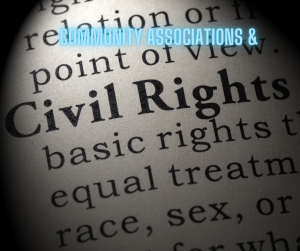

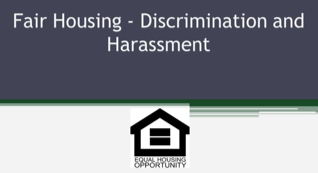 From the Community Association Attorneys at SwedelsonGottlieb
From the Community Association Attorneys at SwedelsonGottlieb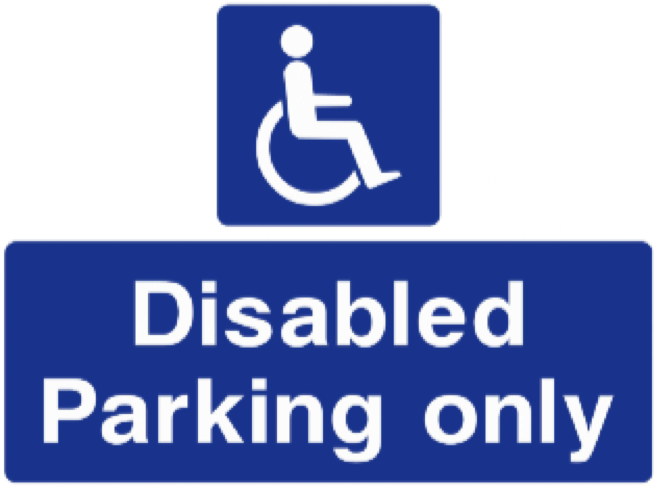 Does your community association have disabled parking spaces? Maybe I should ask if the association ever had these spaces. There is no police force that goes out and checks. But we know that over time, some boards have “converted” what were initially designated as handicap or disabled parking spaces into guest parking or assigned parking for management or other staff.
Does your community association have disabled parking spaces? Maybe I should ask if the association ever had these spaces. There is no police force that goes out and checks. But we know that over time, some boards have “converted” what were initially designated as handicap or disabled parking spaces into guest parking or assigned parking for management or other staff. 